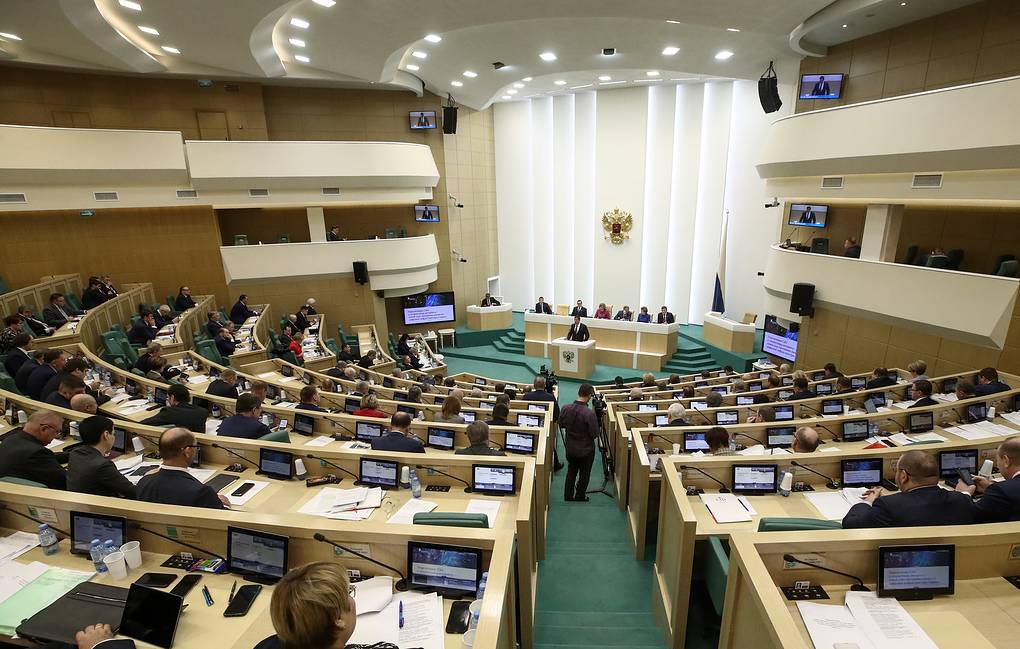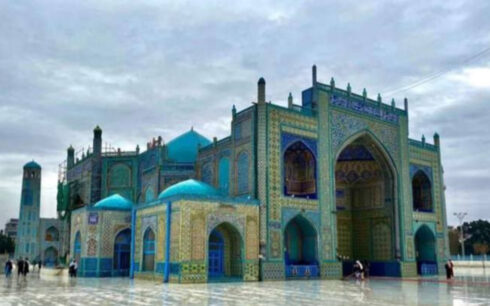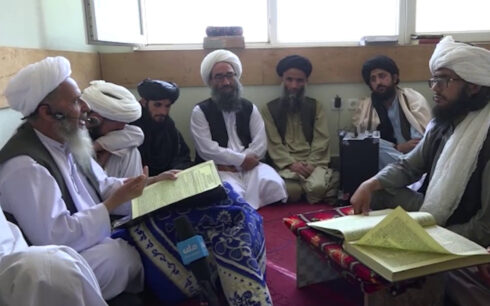MOSCOW — Russia’s parliament approved legislation on Tuesday that would allow the country’s Supreme Court to remove the Taliban and other previously “designated terrorist organizations” from its list of banned groups.
According to Reuters, the bill could pave the way for Russia to normalize relations with the Taliban, who seized power in Afghanistan in August 2021, and potentially with other groups such as Syria’s Hayat Tahrir al-Sham.
No country has officially recognized the Taliban rule, but Russia has steadily expanded its engagement with the group.
President Vladimir V. Putin has referred to the Taliban as an ally in combating terrorism, despite Moscow officially listing the group as a terrorist organization since February 2003.
The newly approved legislation would allow groups to petition for removal from the banned list if they are deemed to have ceased terrorist-related activities.
The bill is scheduled for further review in parliament on Friday before being sent to Mr. Putin for final approval.
Russia’s stance on Taliban
While Russian officials have clarified that removing the Taliban from the banned list would not amount to formal recognition of their government, they have also noted that the Taliban’s restrictive policies—particularly those limiting women’s rights—remain an obstacle to full diplomatic engagement.
Russia added Hayat Tahrir al-Sham, a powerful faction in Syria, to its list of terrorist organizations in 2020. Both groups are part of Moscow’s broader security calculus, which spans from Afghanistan to the Middle East, regions where Russia faces significant threats from insurgent and extremist factions.
The legislation reflects Moscow’s pragmatic approach to regional security and its evolving relationship with the Taliban, even as Western nations insist that formal engagement with the group depends on tangible progress on human rights, particularly for women and girls.
Russia’s warming ties with the Taliban come against the backdrop of rising security threats from militant groups operating across Afghanistan and the broader Middle East, further incentivizing Moscow to seek diplomatic flexibility.
Western countries, meanwhile, have maintained that any diplomatic recognition or cooperation with the Taliban is contingent on changes to their governance and respect for human rights.





